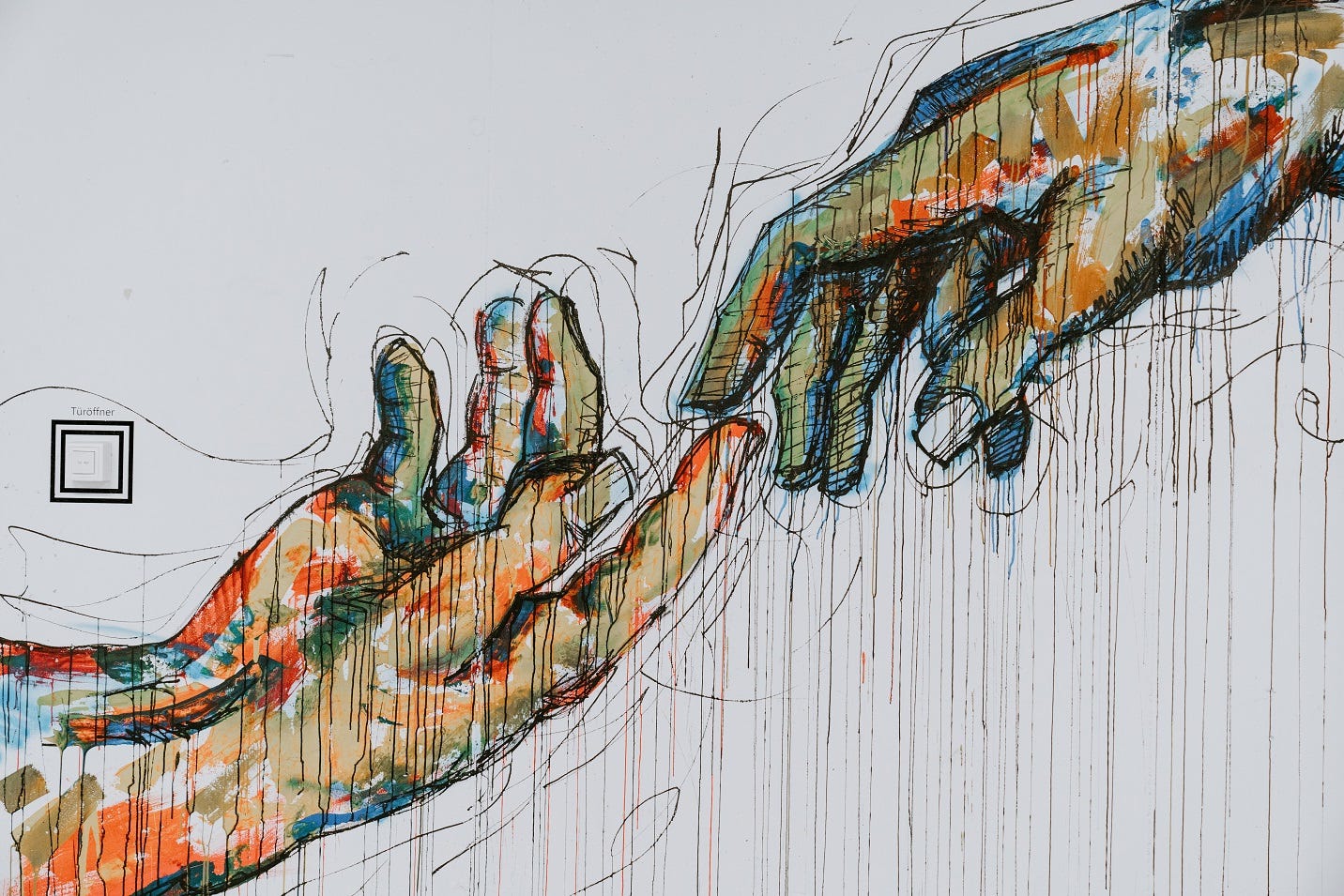Will government regulate VCs and startups a lot more now?
The power and peril of being systemically important.

As soon as Silicon Valley Bank went under, the call went out. Friends of mine in the tech world — mostly VCs and some founders — were immediately pulling me into chat groups with names like “Stop Bank Failure Cascade”. The directionless panic only lasted only a few hours; startup world people are people of action, and their primary instinct is to build something. In this case, what they built wasn’t a website or an app, but a memo, calling for the government to backstop all the uninsured bank deposits in the country. (My modest contributions to this effort were to link people to my blog post, to put the group in contact with some economists, and to look over the memo itself to make sure its proposals were reasonable.)
Forbes’ Alex Konrad has written up the story of that memo, which quickly made it into the hands of a number of important politicians, including Elizabeth Warren and JD Vance. It’s not clear how much impact the memo had; the government agencies that ultimately took action were already keeping a close eye on panic in the banking system, and probably drafted their rescue plan well before the tech people urged them to do so. But the effort displayed something I hadn’t really seen before — a willingness of the VC/startup sector to reach out to Washington D.C. for help when things went south.
Nor were the people in my chat groups the only ones doing this. On Twitter, some VCs were making a much more public appeal:
Screaming about the imminent end of the world seemed like a very strange and dangerous thing to do during a potential banking meltdown; many people interpreted it as a sign of pure unthinking panic, and some blamed the screaming VCs for causing the very bank runs they were warning about. And perhaps this was true. But I think there was method to the madness — the VCs were trying to scare the government into action by raising the specter of a wider disaster, both in order to save the deposits of their portfolio companies, but also out of concern for the state of the overall economy. When government action materialized, they gave themselves at least partial credit. The bag was secured and the world was saved.
But perhaps they shouldn’t be so celebratory. I think the government did exactly the right thing in backstopping uninsured deposits without taxpayer funds, while letting managers, shareholders, and bondholders fail. I wouldn’t have helped the writers of that memo otherwise. But the startup world’s call for government intervention — which many will see, rightly or wrongly, as a bailout of VCs and startups — could come with a price. For many decades, the tech startup sector has been allowed to operate with a high degree of autonomy from the rest of the economy, with a helpful regulatory environment and government policies to encourage high-risk, high-reward activity. But if Washington D.C. starts to see the world of startups as a source of systemic risk, that situation could change.
A long and mutually beneficial relationship is in danger of breaking down.



